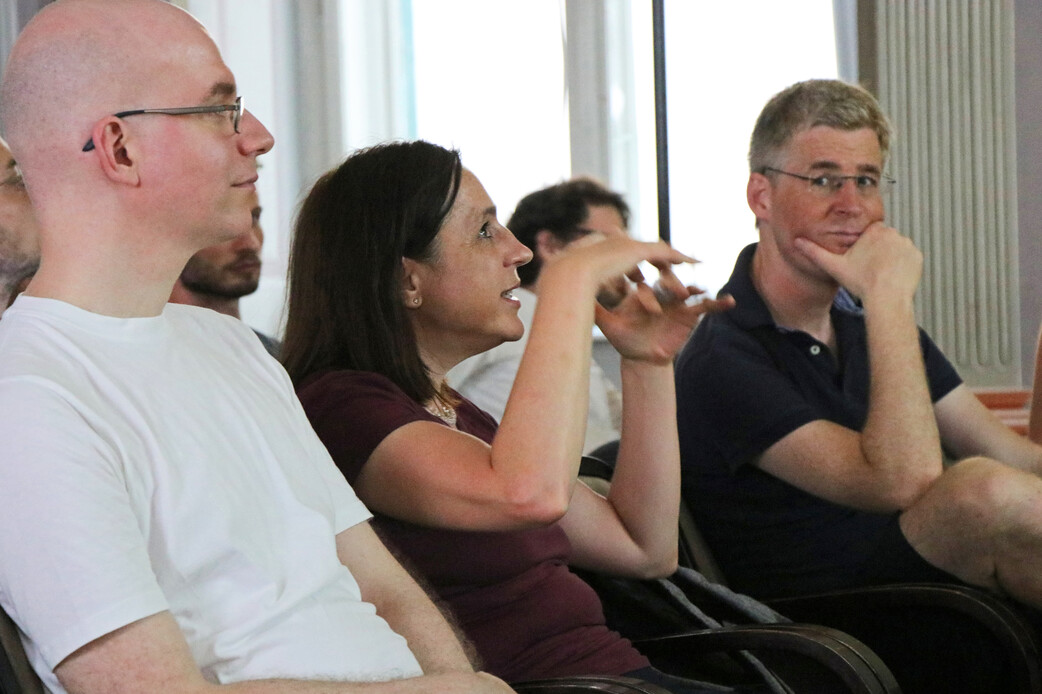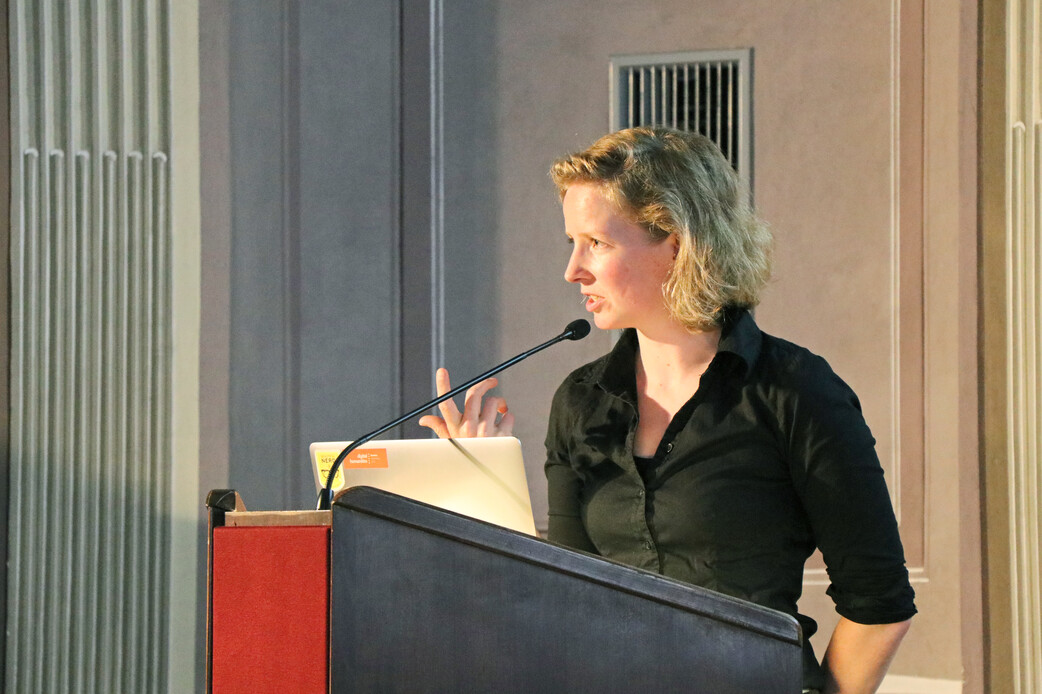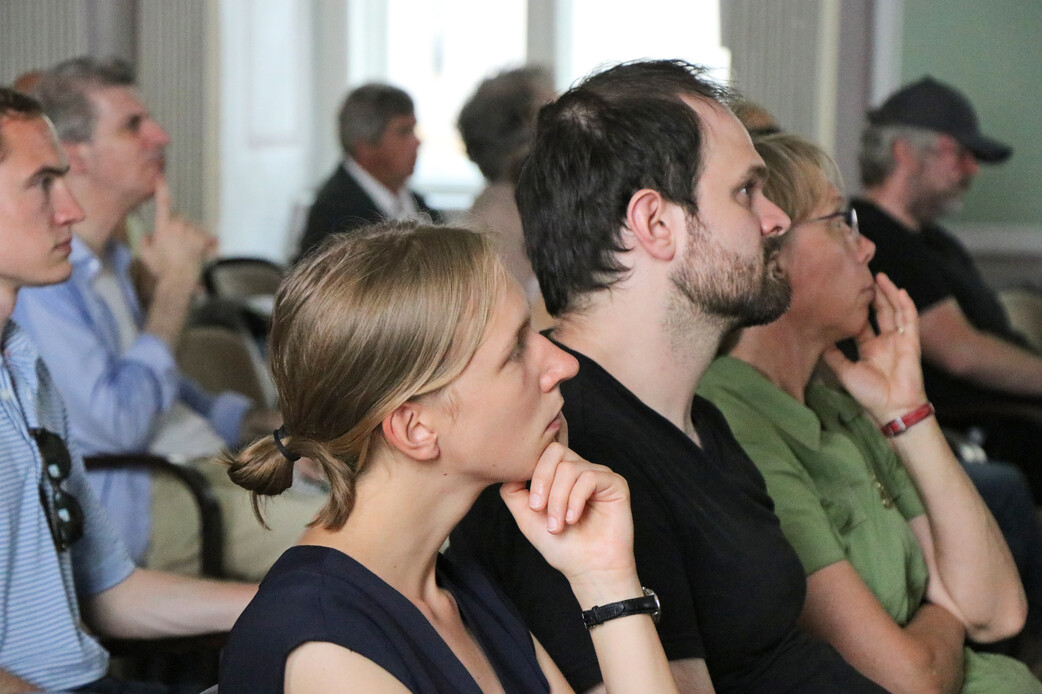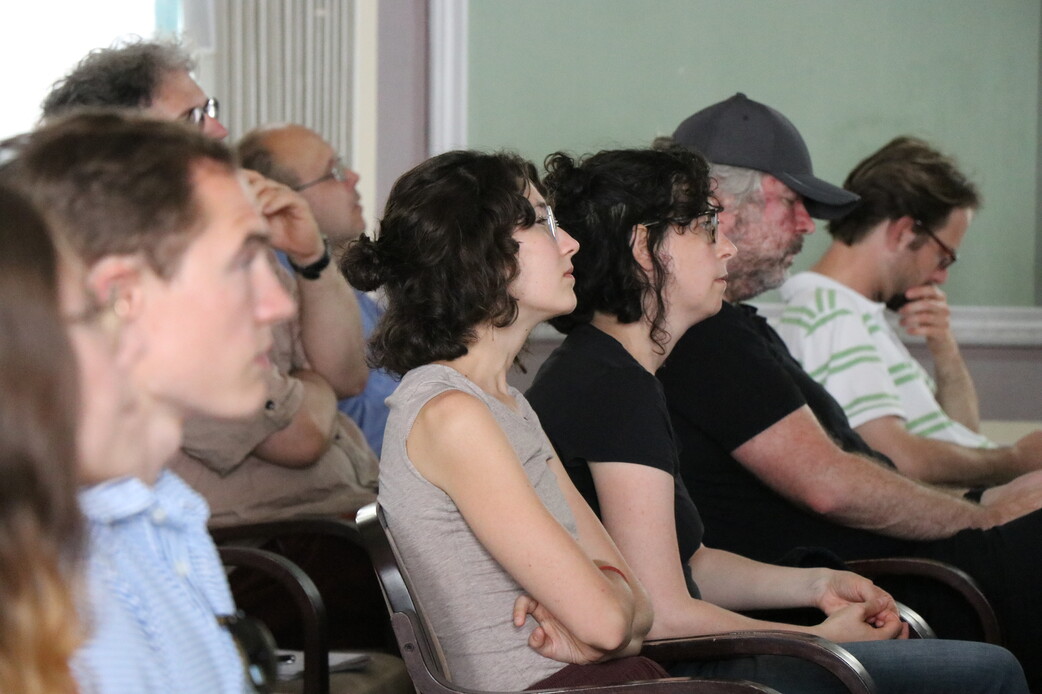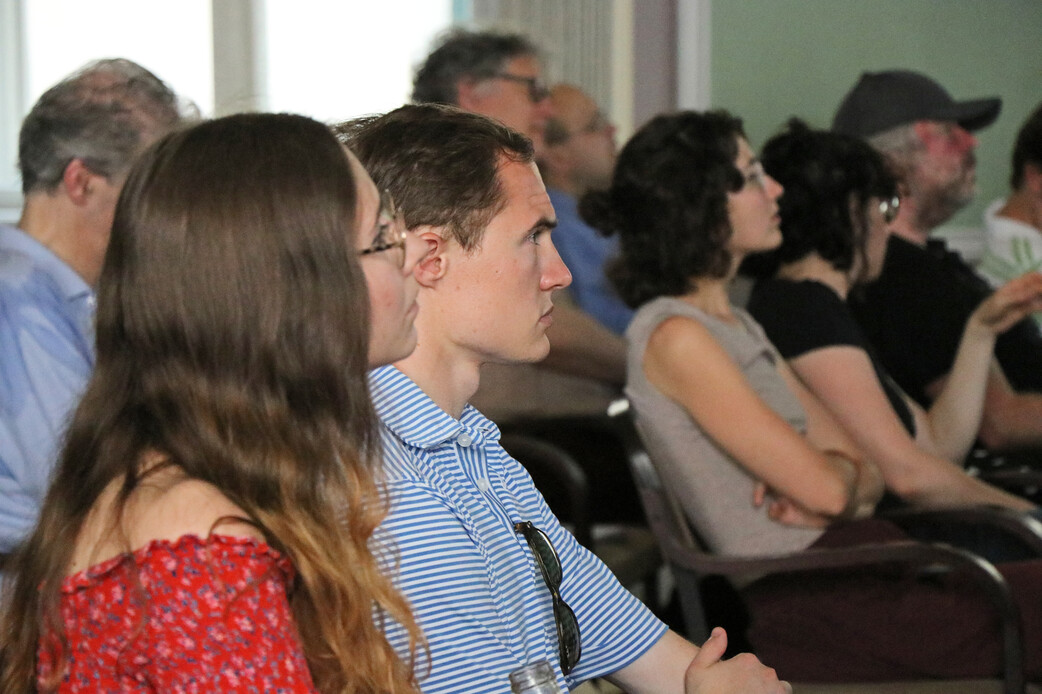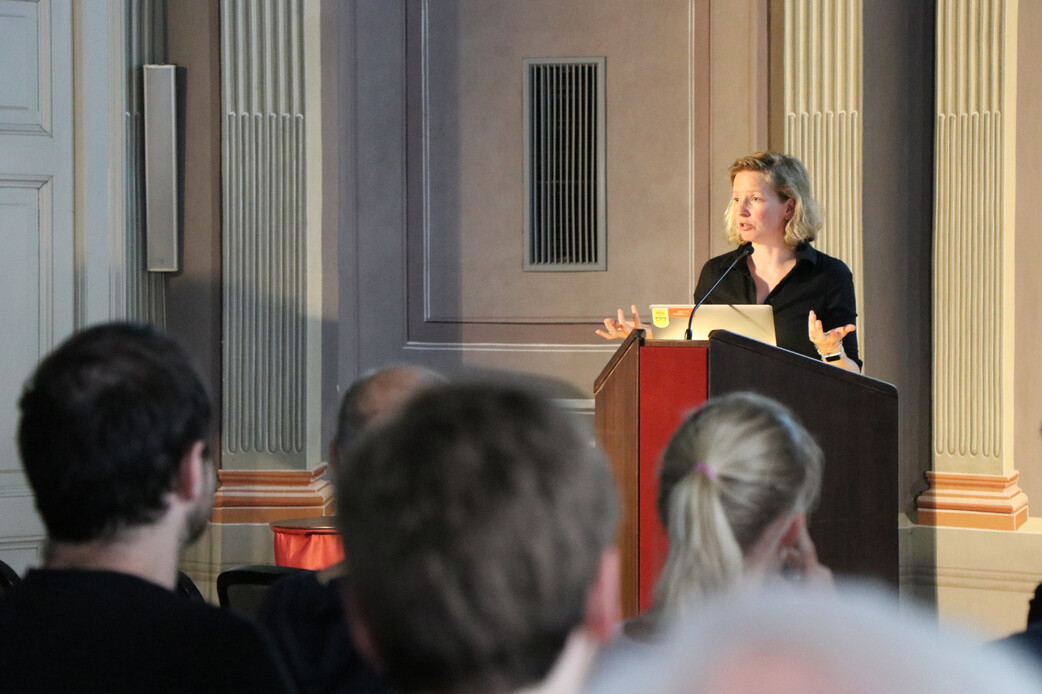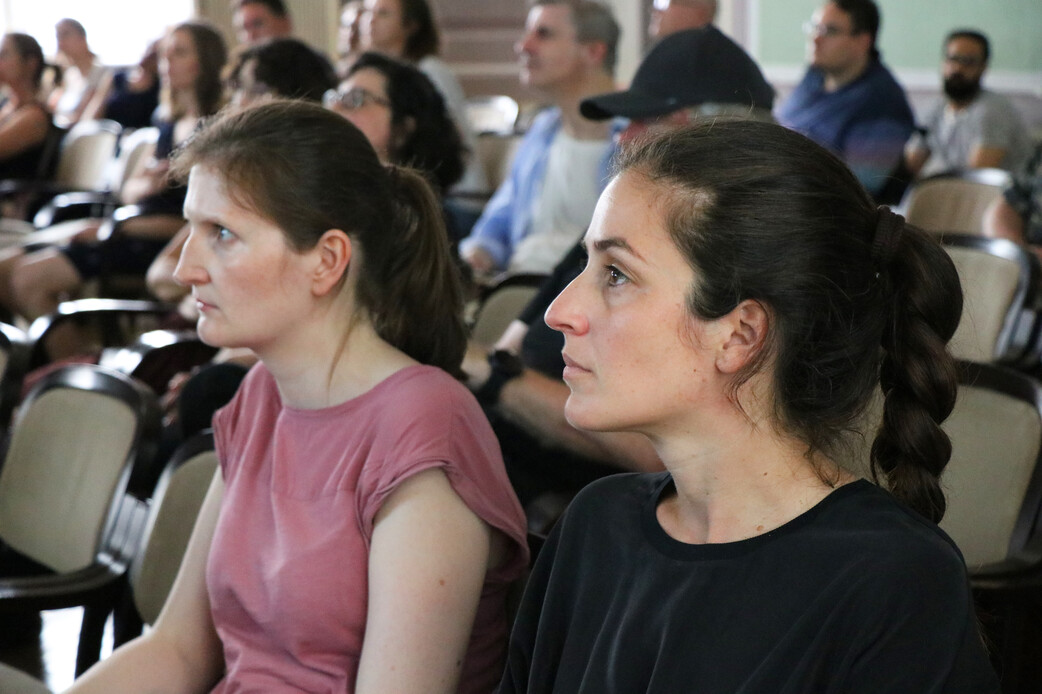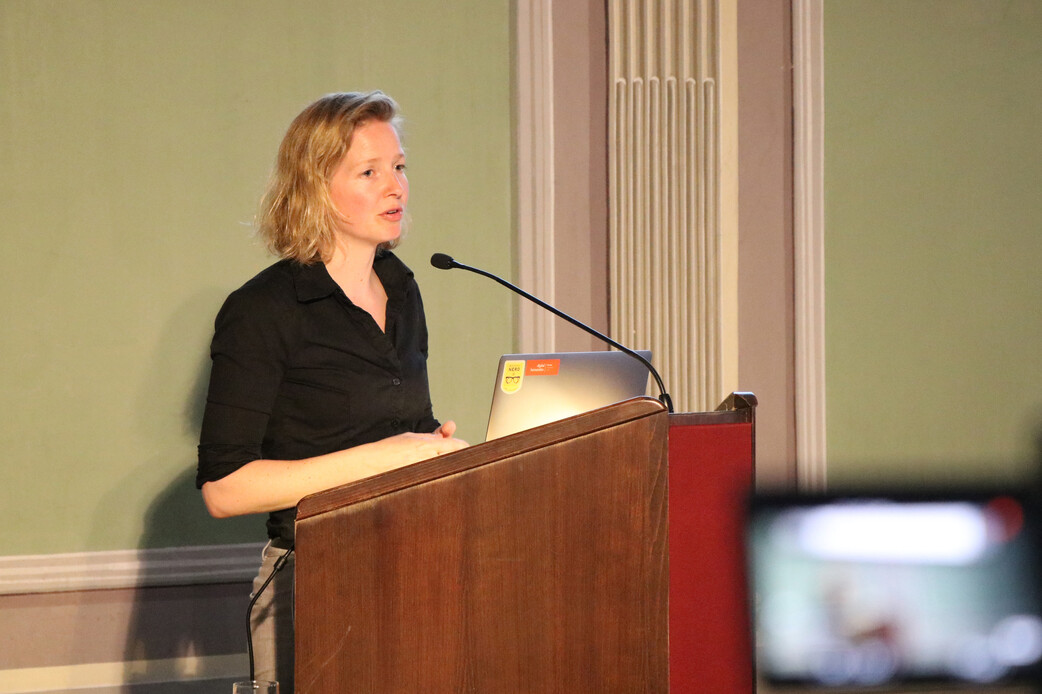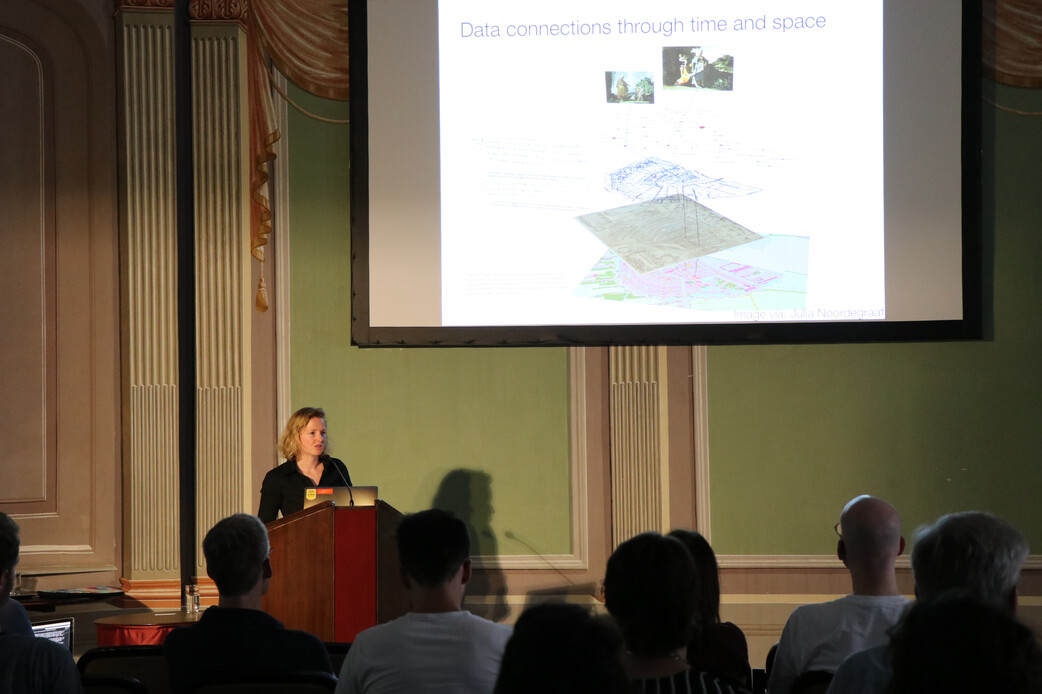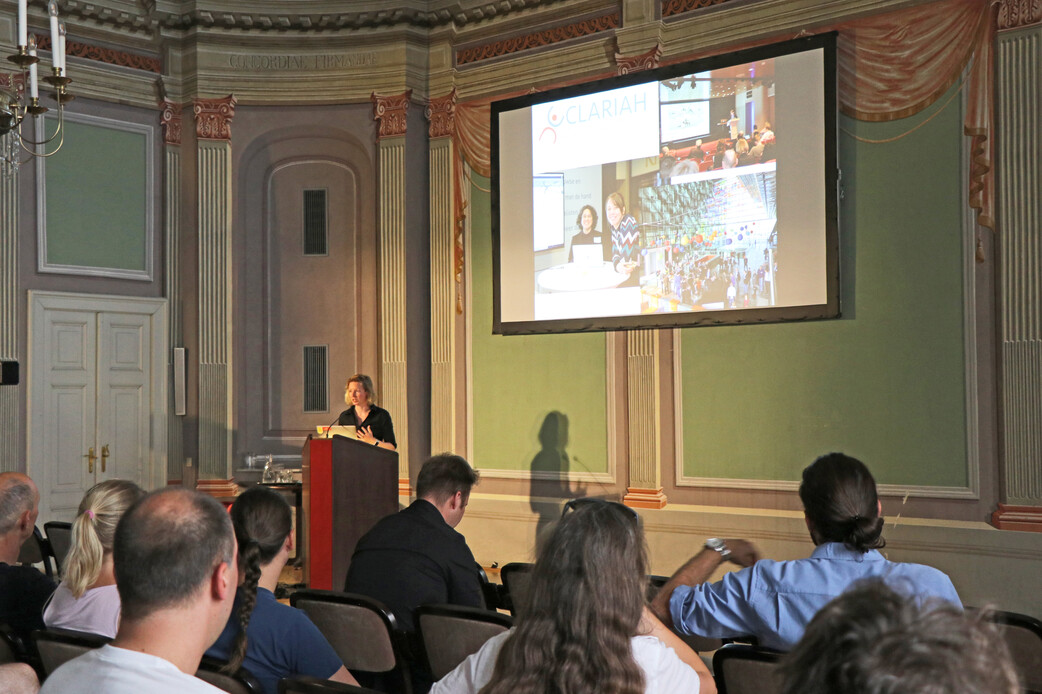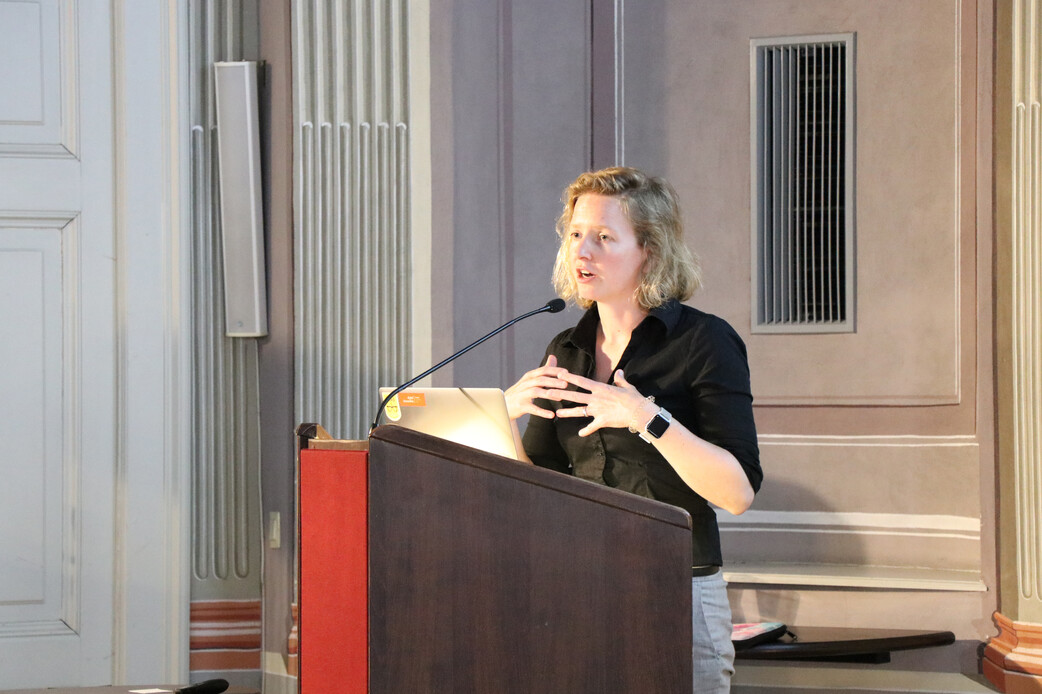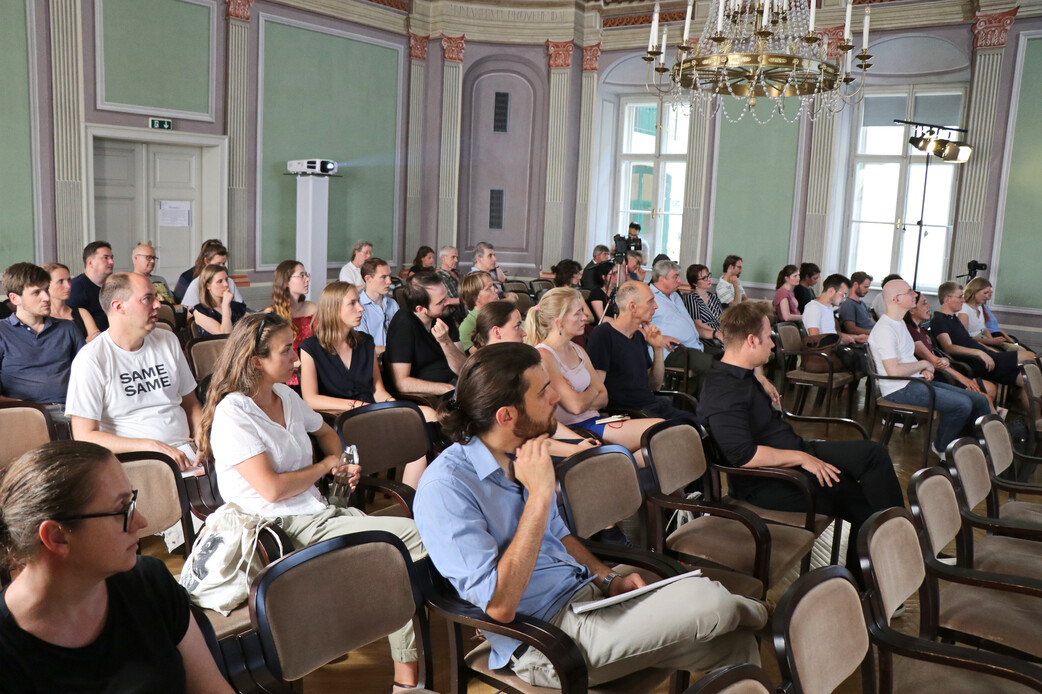ACDH Lecture 5.2
Vienna, 12 June 2019
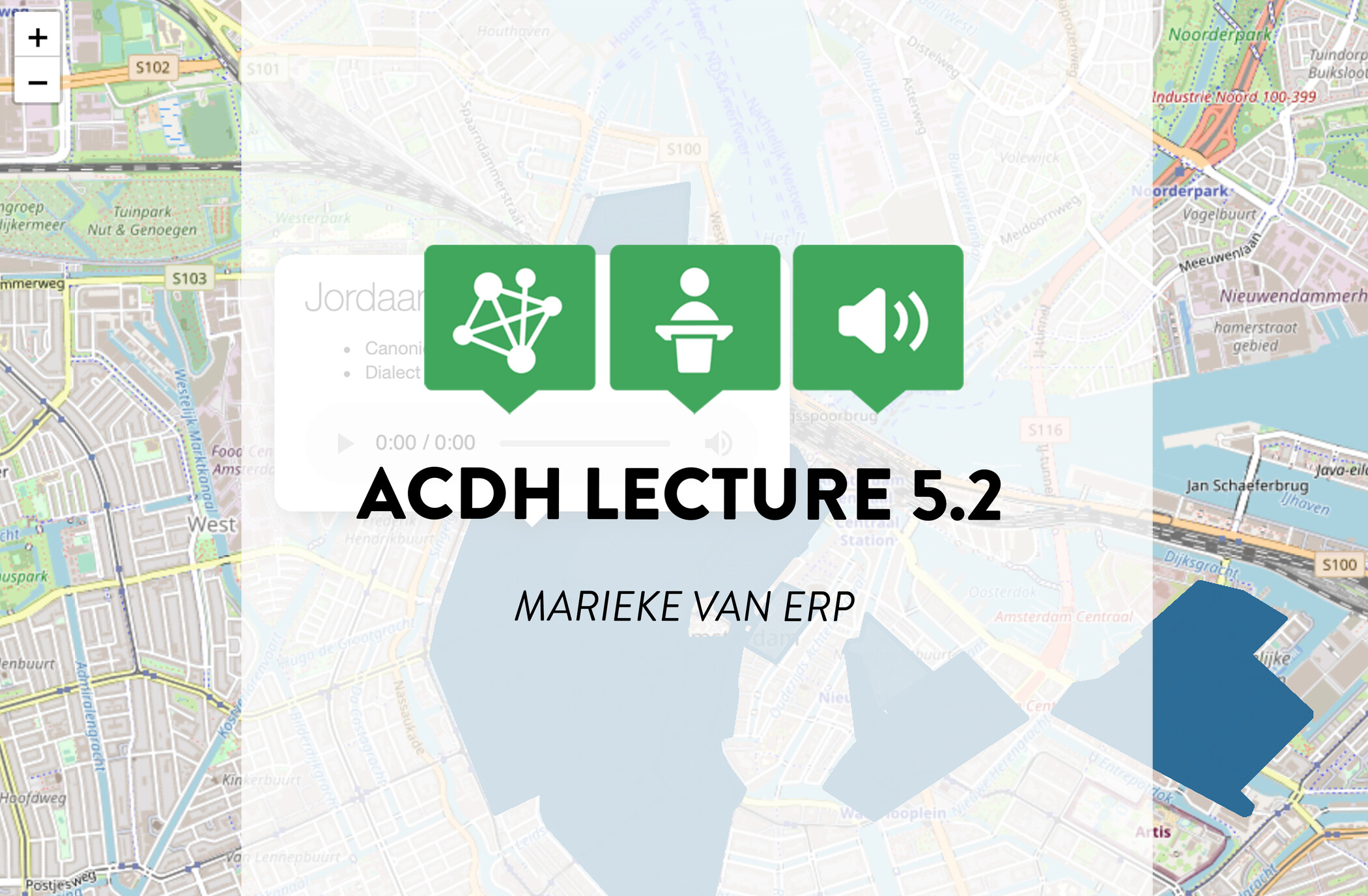
Amsterdam Time Machine: Bringing Together Data and Disciplines
Marieke van Erp
Koninklijke Nederlandse Akademie van Wetenschappen, Amsterdam
Amsterdam Time Machine: bringing together data and disciplines
The Amsterdam Time Machine is a digital research infrastructure project that aims to create a historical linked open data hub about Amsterdam, linking people, places, relationships, events and objects through space and time. It is part of the European Time Machine Consortium, an expanding network of local initiatives, which Vienna, too, has recently joined, committing to the establishment of a local Time Machine branch.
In her lecture, Marieke van Erp, leader of the Digital Humanities Lab at the KNAW Humanities Cluster in Amsterdam, will share her insights into the work on and with the Amsterdam Time Machine, presenting three use cases based on data from the late 19th and early 20th century. Funded in 2018 by CLARIAH-NL, these pilot projects for the Time Machine each bring their own facets to the history of Amsterdam. Exploring Amsterdam dialects and sociolects, social mobility, and the consumption and reception of films, respectively, they do not only present researchers with data integration challenges - for example dealing with street name changes through time - but also with the challenge of working together across research disciplines. In her talk, Marieke will present the results of the CLARIAH Amsterdam Time Machine pilot project, and share her experiences on how linguists, socio-economic historians, media studies and geographical information systems experts have learnt to ‘read’ each others’ data and use it to enrich their own use cases.
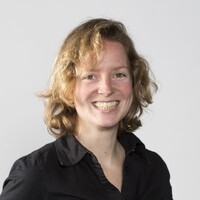
Marieke van Erp (NL) leads the Digital Humanities Lab at the KNAW Humanities Cluster in Amsterdam, the Netherlands. Her research is focused on combining natural language processing and semantic web technology in the digital humanities domain. She holds a PhD in computational linguistics from Tilburg University (2010) where she applied digital humanities methods to historic textual sources from the Naturalis Biodiversity Center. She previously worked on the European NewsReader project, which was aimed at building structured indexes of events from large volumes of financial news and the CLARIAH project, a large Dutch project to develop infrastructure for humanities research.
ACDH Lectures are free and open to all. Registration closed.
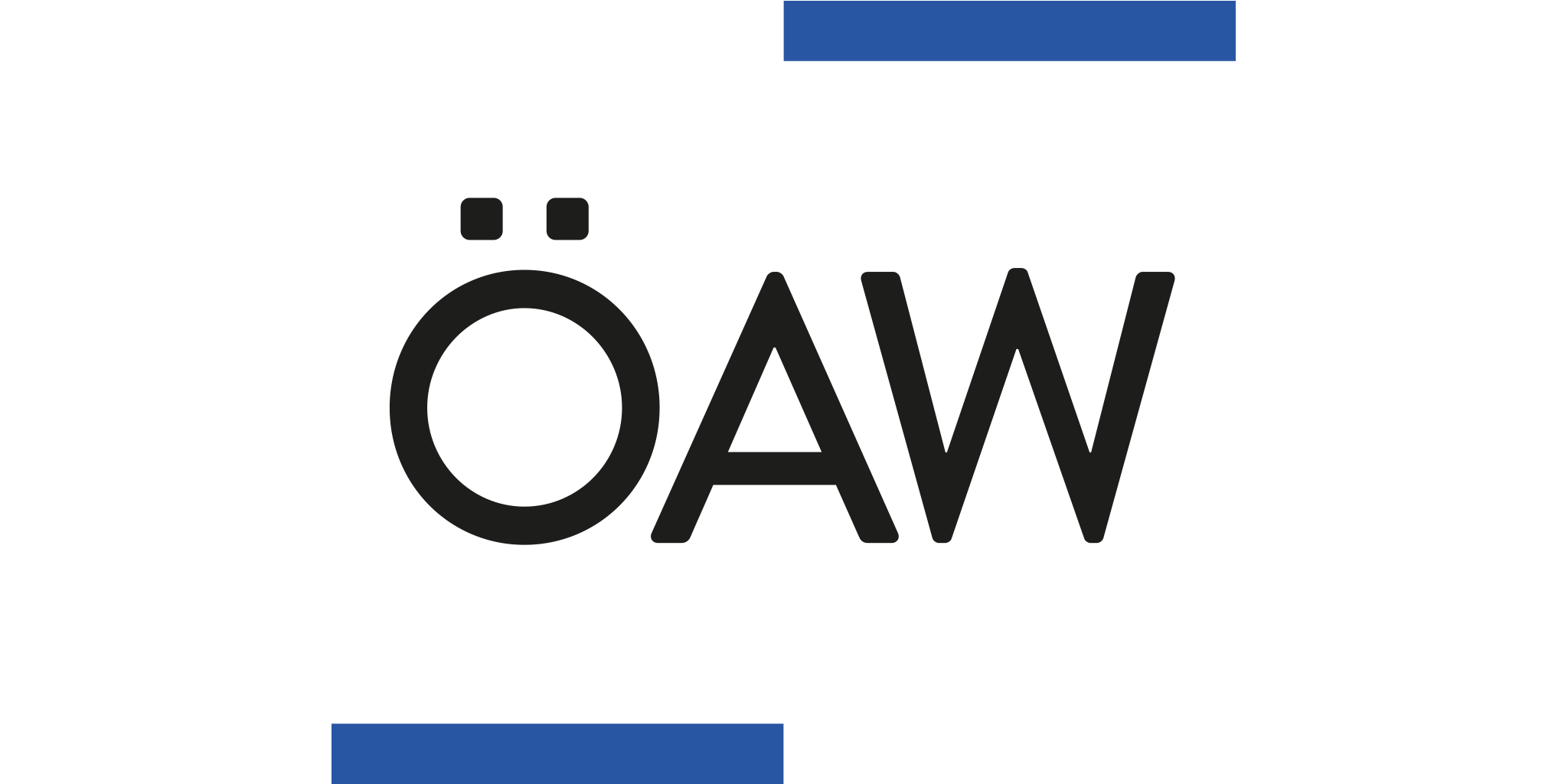
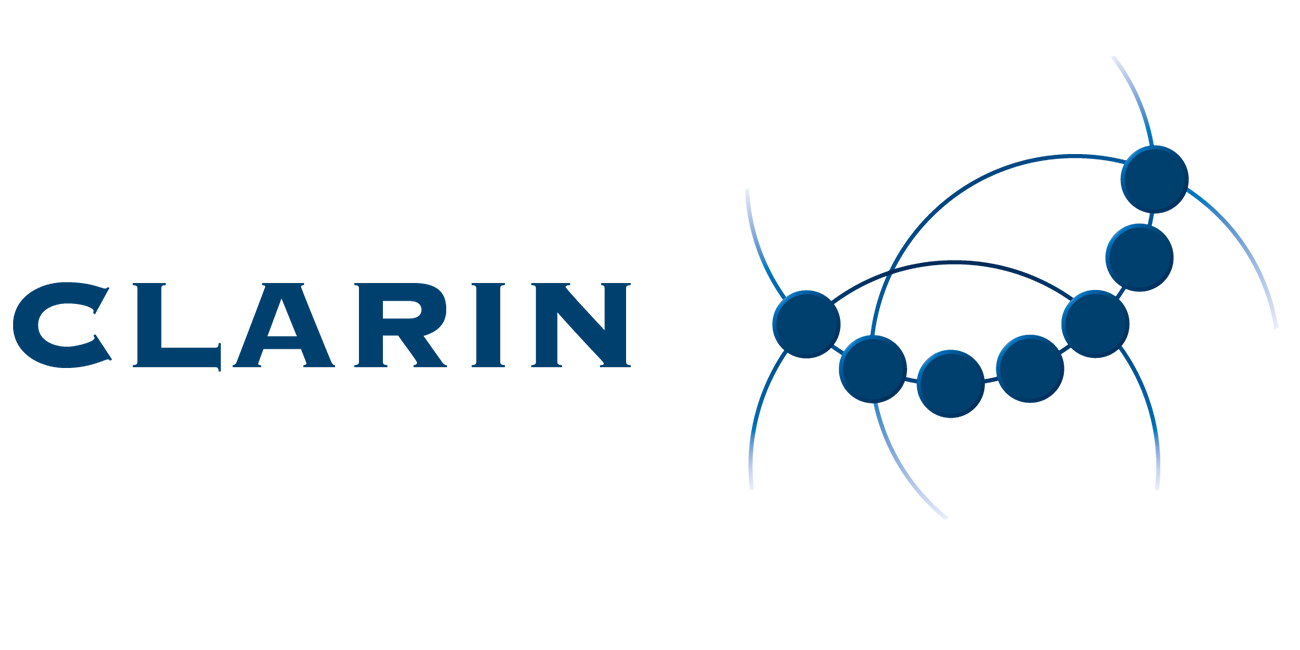
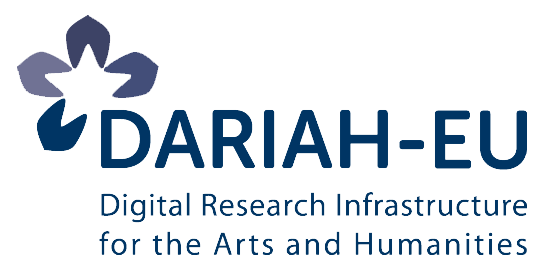
Date
12 June 2019 – 17:00
Place
Austrian Academy of Sciences
Sonnenfelsgasse 19
Theatersaal
1010 Vienna
Contact
Links
Registration
